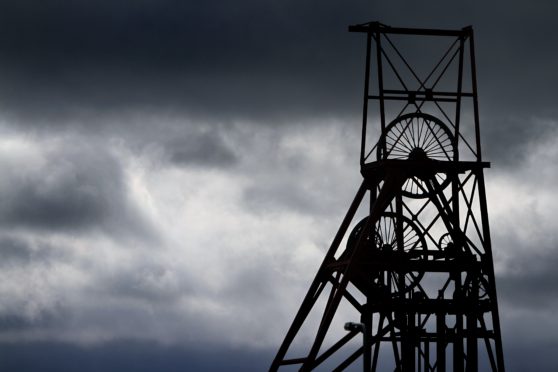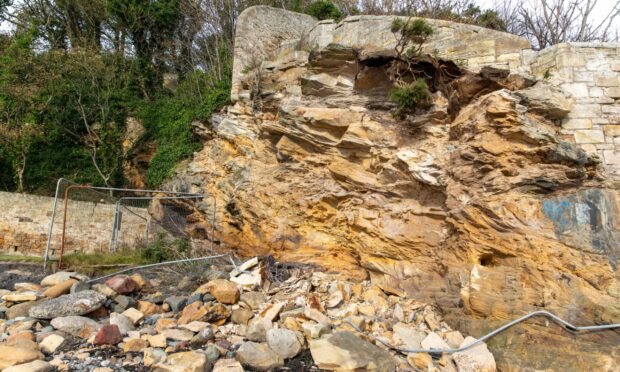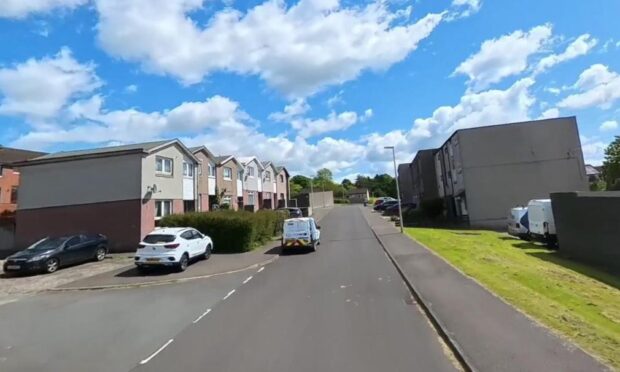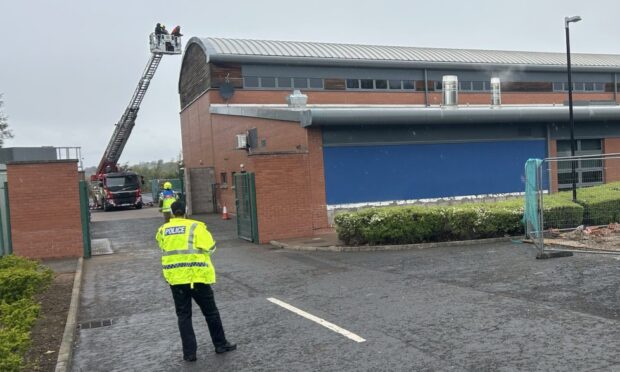Fife’s former mining communities, struggling to recover from devastating pit closures, are facing an ever bleaker future thanks to coronavirus, a new report has concluded.
The Coalfields Regeneration Trust (CRT), a charity founded in 1999 to help mining areas cope with the demise of the industry, commissioned research which confirmed the country’s old mining areas remain the most disadvantaged when it comes to issues around education, unemployment, child poverty and poor health and wellbeing.
Since the new report was completed, the charity has warned Covid-19 has exacerbated existing problems in coalfield areas and fears the impact of the pandemic will be felt for some time to come.
The last report focusing on Fife’s coal mining communities was done in 2013 but the updated 2020 study shows a worsening picture, with 31% of coalfield neighbourhoods now in the most deprived 20%.
Coalfields communities have higher rates of 16 to 19-year olds not in education, employment or training, and there is significantly less employment in the coalfields (287 jobs per 1,000 people) compared to Scotland as a whole (467 per 1,000) and increasing dependence on income-related benefits.
Rates of child poverty are higher, with just over a fifth of children living in low-income families in mining communities, while 29% of mining communities are among the 20% most disadvantaged for health, up from 18% eight years ago.
It concludes there is “significant and concentrated deprivation” in Fife in particular, and also in parts of Clackmannanshire, South Lanarkshire, East Ayrshire and North Lanarkshire.
Nicky Wilson, chair of the CRT trustees in Scotland, said: “While we’re proud of what we’ve achieved since the Coalfields Regeneration Trust was founded in 1999 in helping mining communities across Scotland deal with the devastating effects of pit closures, this new report from the Social Value Lab shows the true extent of the work that still needs to be done.
“Unfortunately, too many former mining areas are still among Scotland’s most disadvantaged communities and many people are lagging behind when it comes to education.
“Rates of unemployment and child poverty are too high, and health and wellbeing still need to be improved.
“The Covid-19 pandemic has also taken its toll on our communities. It is having a big impact on people’s health, wellbeing and finances.
“The issues caused by the pandemic have hit many former mining areas particularly hard as such communities are often already suffering from deprivation and poor health.
“Underlying problems have been exacerbated by coronavirus and this unfortunate situation is likely to continue for some time.”
Calling for support to be tailored to the issues experienced in certain areas, Mr Wilson added: “Our work remains vital for the continuing rejuvenation of former mining areas across Scotland.”










